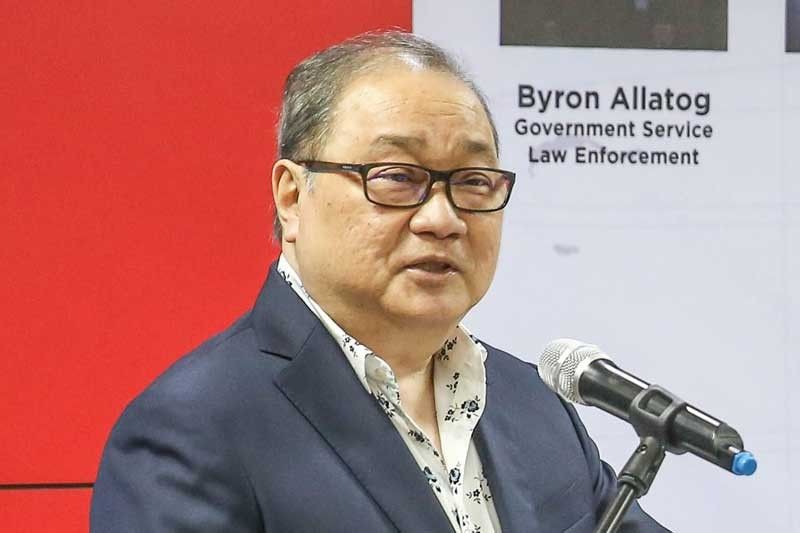Easing restrictions key to attracting FDI — MVP

MANILA, Philippines — The Philippines can attract more foreign direct investments (FDIs) by easing restrictions on industries relying heavily on significant technological capability, expanding incentive options by going beyond offering tax holidays, improving ease of doing business, and honoring contracts across administrations, businessman Manuel V. Pangilinan said.
Pangilinan, in a speech read yesterday by MVP Group media bureau head Michael Toledo during the 28th Inter-Pacific Bar Association (IPBA) Annual Meeting and Conference, the Philippines is expected to continue to be among the best performing countries in the region and thus, a promising destination for investments.
While this is the case, Pangilinan said, competition to secure FDIs is expected to remain stiff in the region as Southeast Asian nations pursue policy and infrastructure developments to make their countries attractive to investors.
As such, Pangilinan said the Philippines would need all the more to accelerate its engines and institute reforms that would open the economy further to investments that would spur inclusive growth.
While past administrations have issued the Foreign Investment Negative Lists and the present government of President Duterte has issued Memorandum Order 16 which directs the National Economic and Development Authority to ease or remove certain foreign investment restrictions allowing foreign entities to be present in private recruitment, practice of professions, including teaching at higher education levels, construction and public works contracts, Pangilinan said the country could still do more to attract FDIs.
In particular, he said the country could ease foreign ownership restrictions on sectors relying heavily on significant technological capability, infrastructure capital and research and development to get more FDIs.
“We cannot rely solely on our macroeconomic fundamentals to get us the FDIs. We must weigh our nationalistic sentiments with the changes of the times, and respond accordingly,” he said.
As incentives is another area which could affect entry of investments into the country, Pangilinan said the country’s Investment Priorities Plan, which lists sectors qualified for incentives, must reflect a clear priority list on where the government would want investments to be channeled.
“We must expand options to go beyond tax holidays in favor of investment allowances and tax credits, and accelerated depreciation schemes, which reduces distortion in investments,” he said.
Pangilinan added incentives must be pushed to encourage better participation in countryside development, particularly in the country’s poorest provinces, municipalities and cities.
Among the businesses which are seen to provide opportunities for individuals in the countryside are tourism, mining and agriculture.
In addition to easing foreign restrictions and incentives, another area the government must work on to attract FDIs is in the ease of doing business and supportive infrastructure.
Pangilinan said the government must continue to improve efficiencies, clear roadblocks, cut red tape and remove possible bumps in setting up shop and doing business in the country.
He said reforms must be made in property registration, tax administration, permits, access to credit, as well as protection of minority investors.
Furthermore, Pangilinan said, preserving the sanctity of contracts across administrations would also be crucial in attracting more FDIs.
“Addressing these will keep anxiety and uncertainty, two things businesses looking to invest in a particular country are keen to avoid, at bay,” he said.
The government could play a strategic role in providing the enabling environment for stability and growth of businesses and investments.
“Without it, the private sector cannot make calculated decisions,” he said.
- Latest
- Trending

























